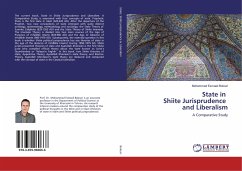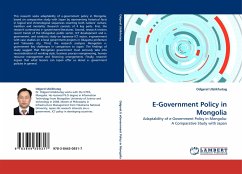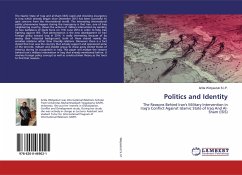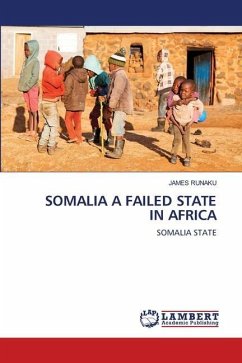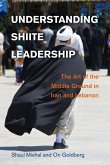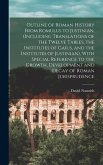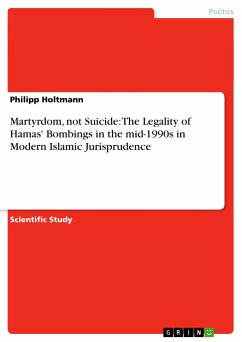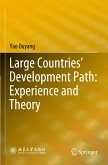The current book, State in Shiite Jurisprudence and Liberalism: A Comparative Study, is associated with four concepts of state. Prophetic State is the first state in Islam (623-633 AD). After the departure of the Prophet, two new conceptions of state emerged with quite distinct ontology, epistemology, methodology and sociology; the State Theory of Sunnite Caliphate (633-1263 AD) and the State Theory of Shiite Imamate. The Imamate Theory is divided into two main courses of the Age of Presence of Infallible Imams (633-960 AD) and the Age of Absence of Infallible Imams (960-1979 AD). Subsequently, the essential question in this book is whether Shiite political jurisprudence has any theories of state in the age of the absence of infallible Imams? During 1850-1979 AD, Shiite jurists presented theories of state and Ayatollah Khomeini is the first Shiite jurist who compiled official theory about the state known as Jurist's Guardianship or 'Velayat-e Faghih'. In this book, two Shiite theories of state, Appointive Theory, Ayatollah Khomeini's state theory, and Elective Theory, Ayatollah Montazeri's state theory are deduced and compared with the concept of state in the Classical Liberalism.
Bitte wählen Sie Ihr Anliegen aus.
Rechnungen
Retourenschein anfordern
Bestellstatus
Storno

